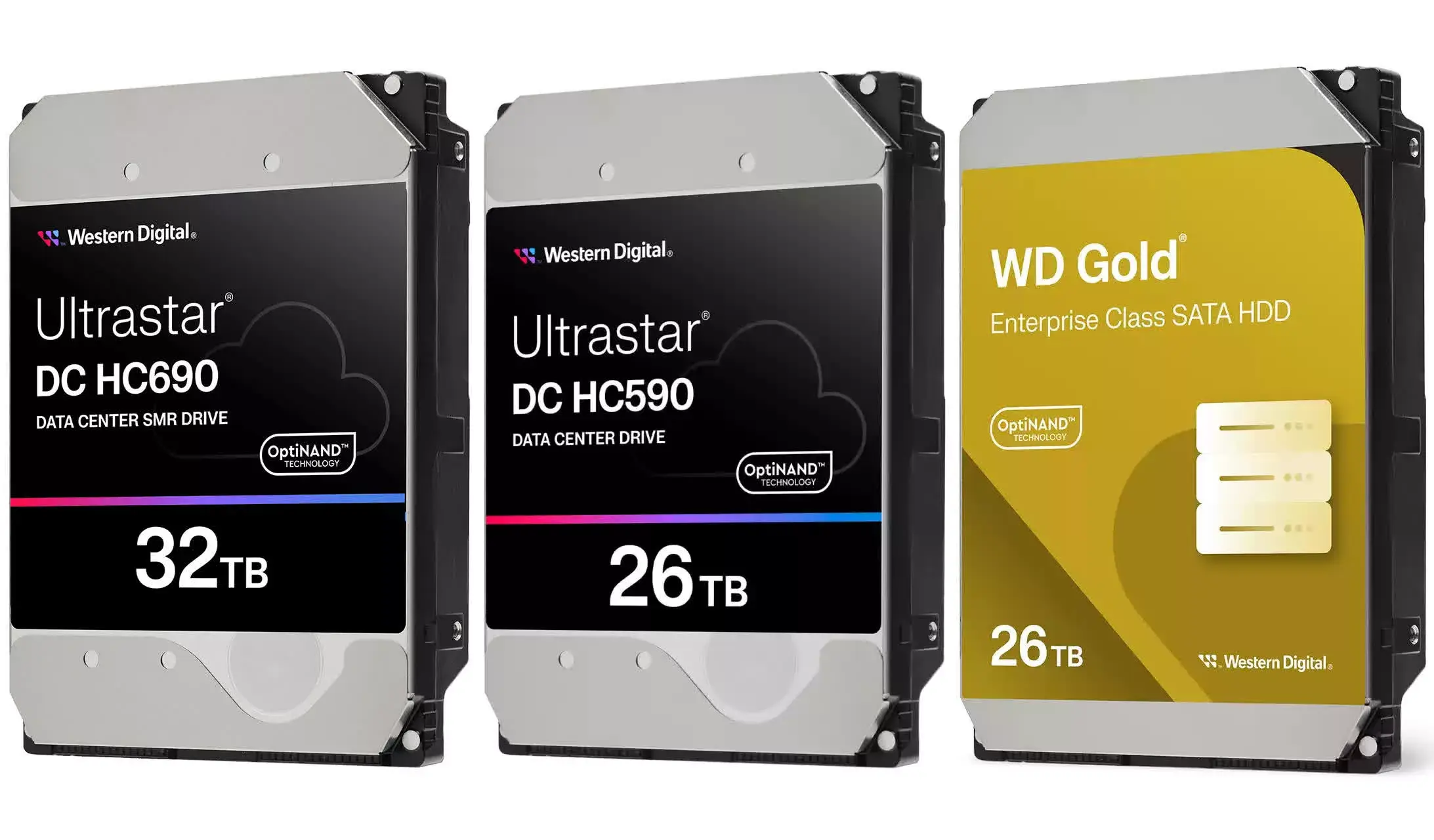WD unveils new high-capacity 32TB SMR and 26TB CMR disk drives
WD unveils new high-capacity 32TB SMR and 26TB CMR disk drives

www.techspot.com
WD unveils new high-capacity 32TB SMR and 26TB CMR disk drives

WD unveils new high-capacity 32TB SMR and 26TB CMR disk drives

WD unveils new high-capacity 32TB SMR and 26TB CMR disk drives
